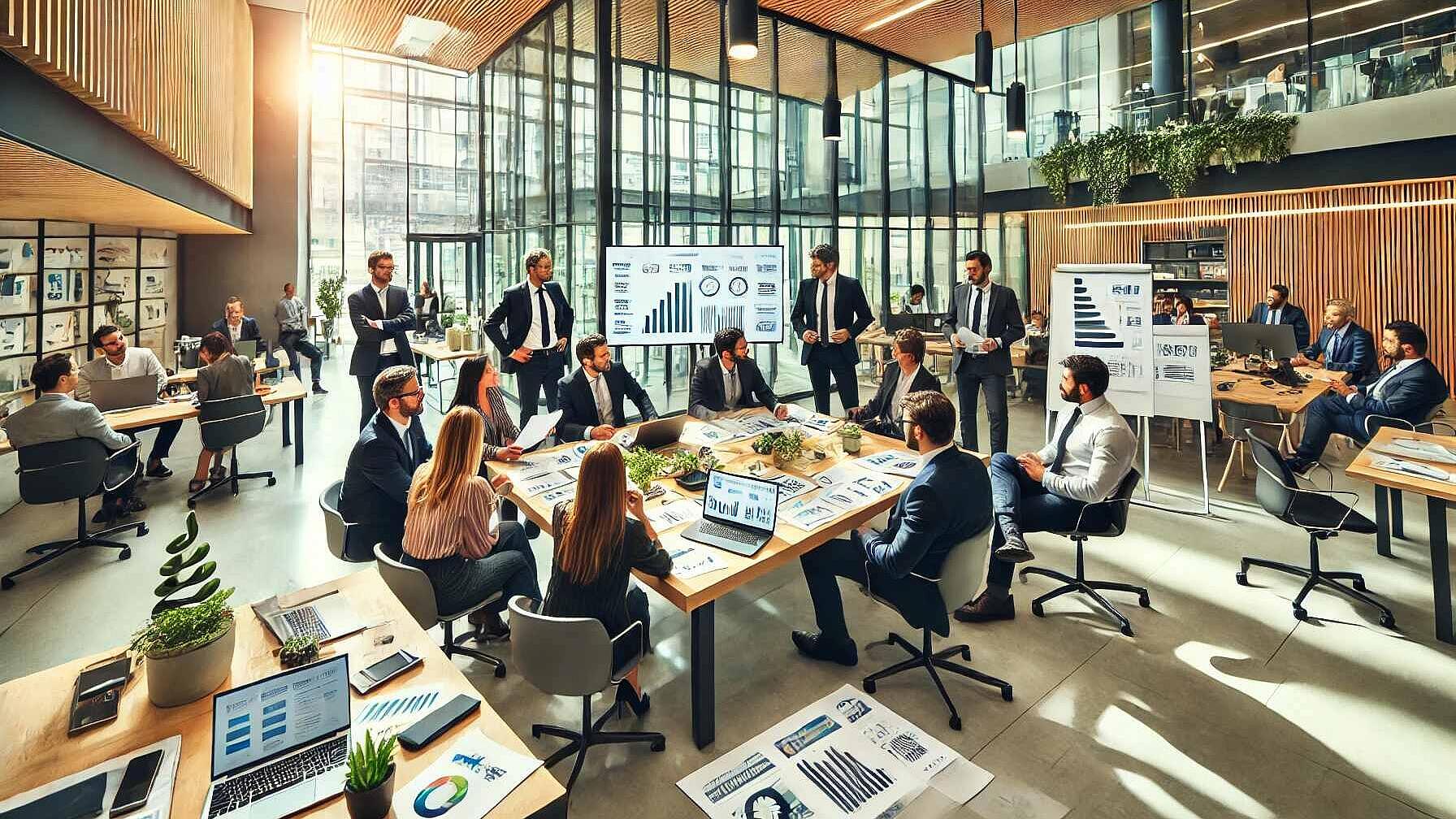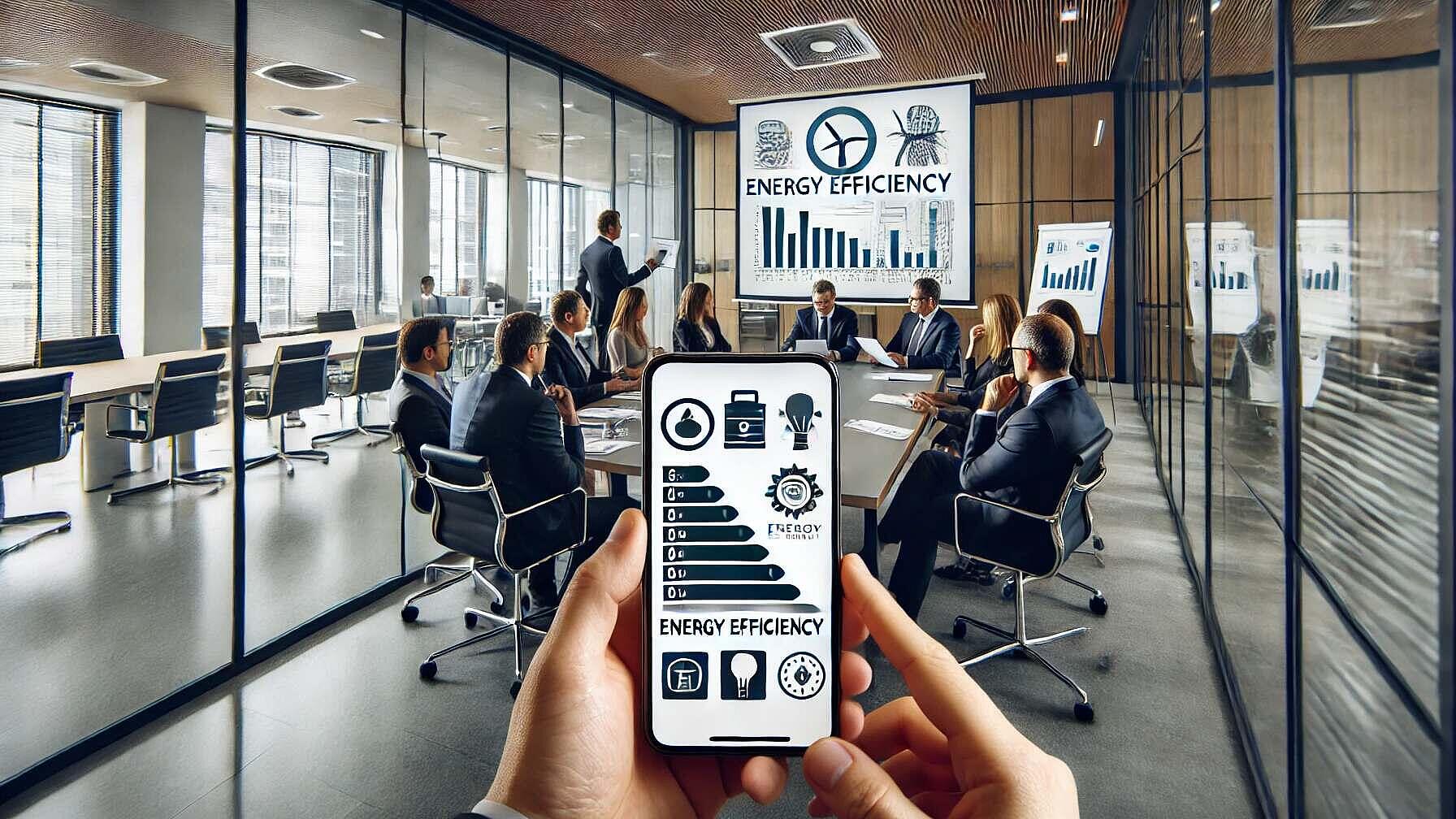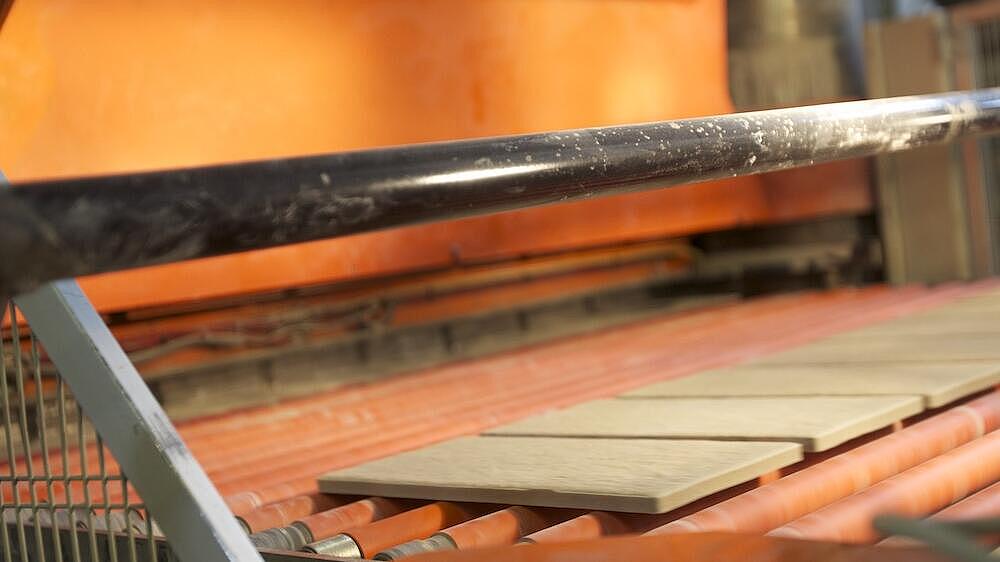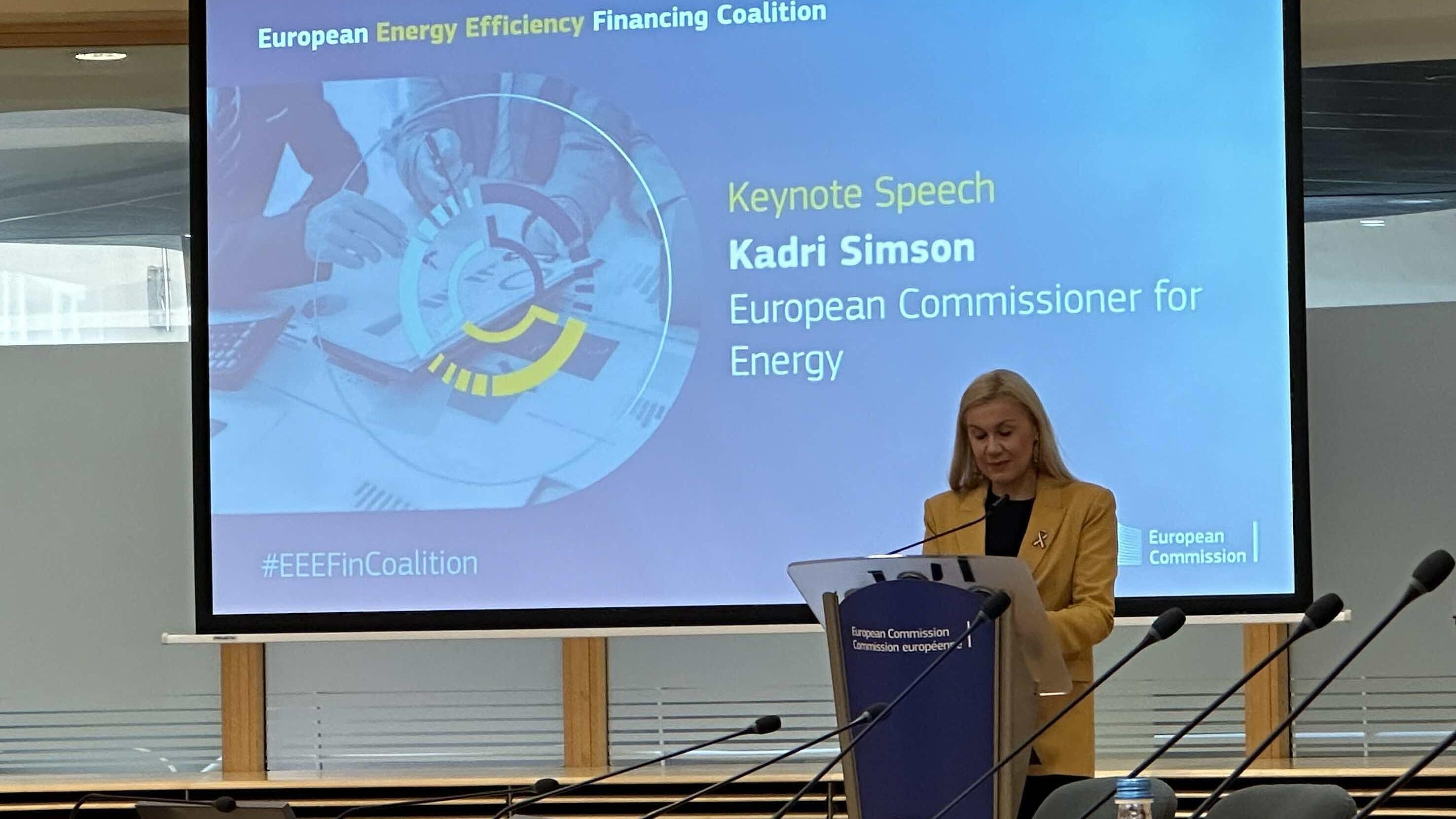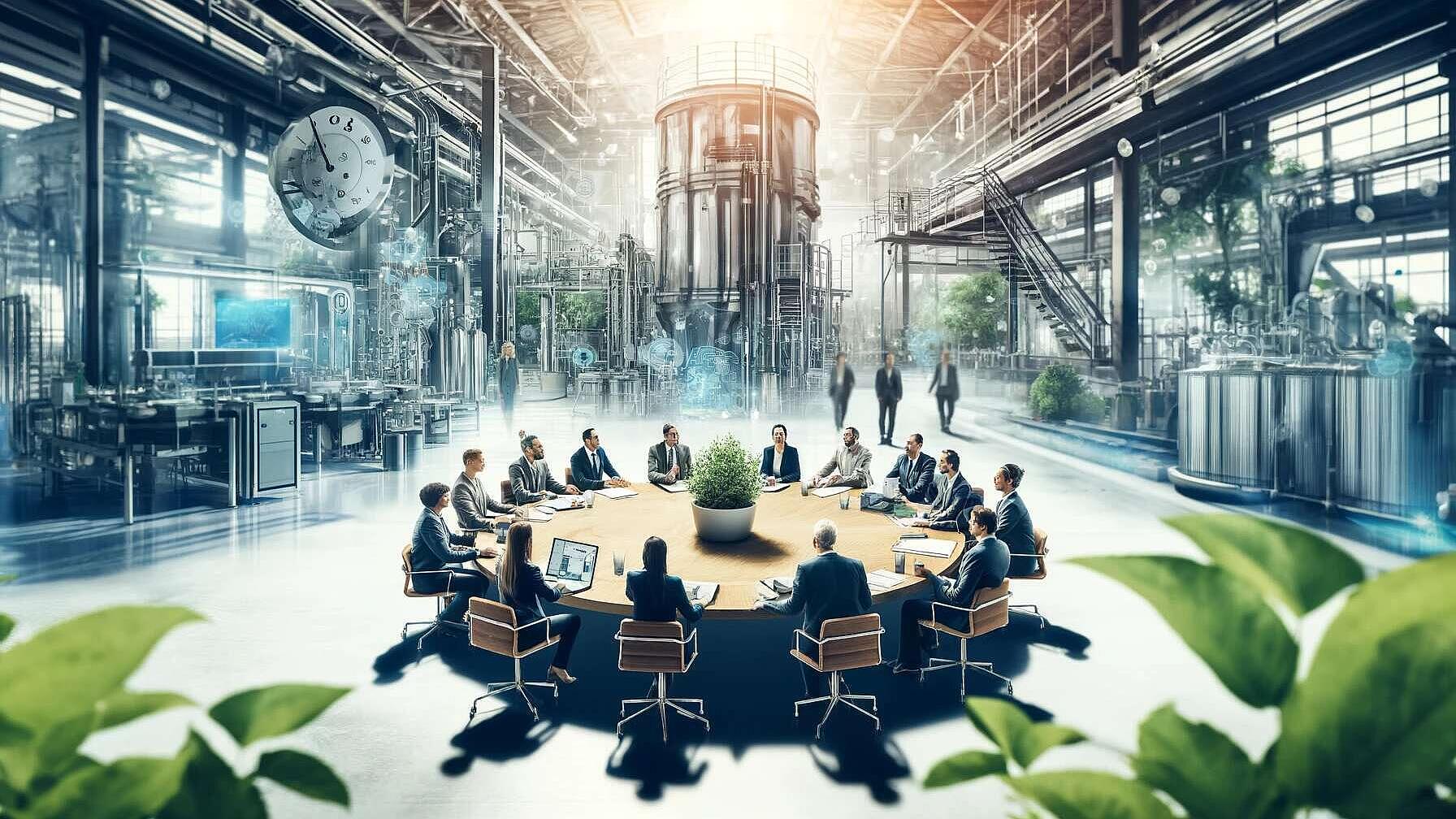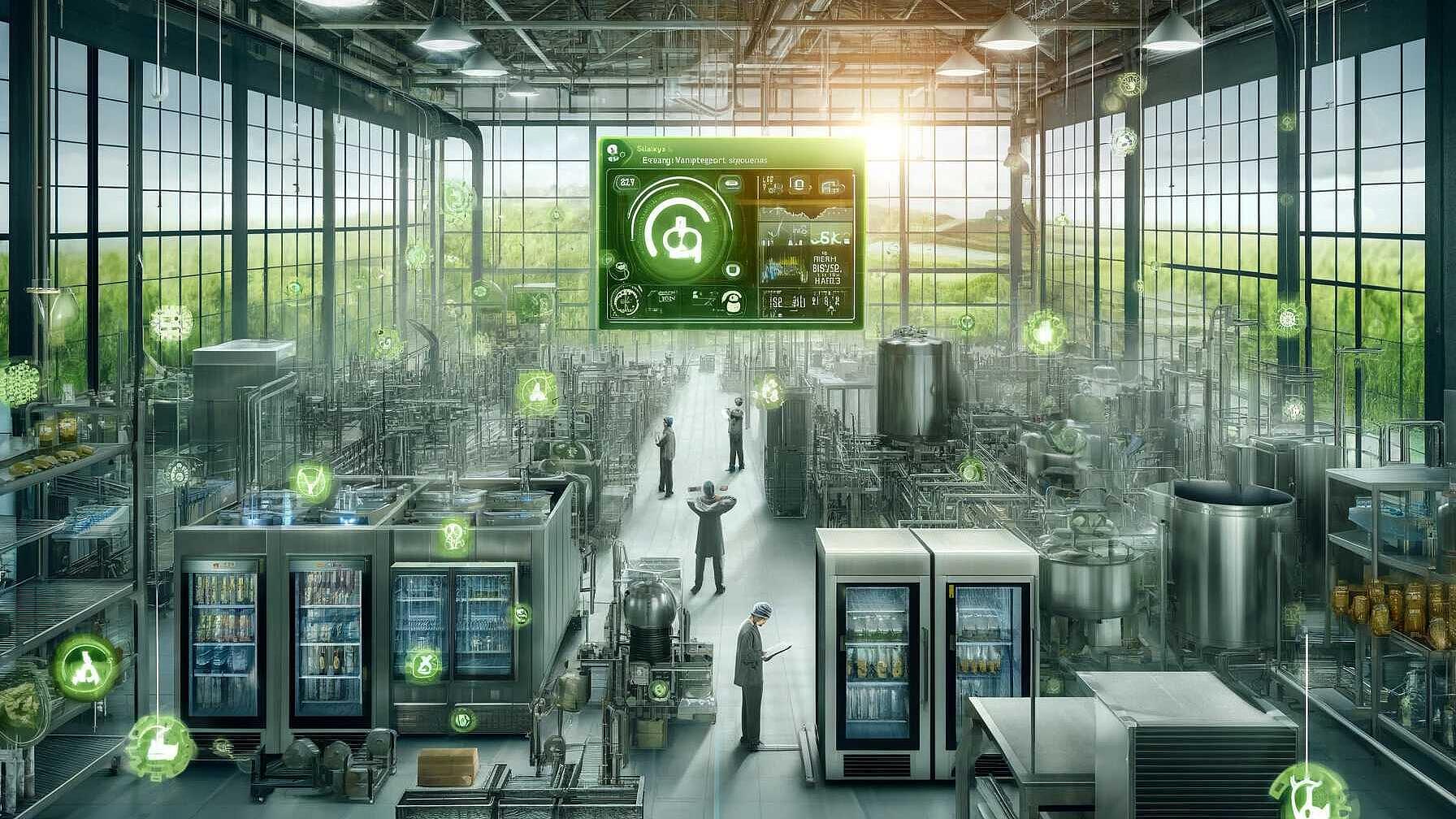 Energy Efficiency
Energy EfficiencyEnergy Efficiency
Energy Efficiency Reloaded: How European SMEs Are Driving Sustainability and Savings
The paper discusses the significant role of small and medium-sized enterprises (SMEs) in Europe's energy consumption, highlighting their collective responsibility for about 13% of the total demand. Although SMEs face challenges in implementing energy efficiency, such as lack of resources, knowledge, and time, there are still substantial opportunities to save energy and reduce emissions. As Europe aims for a 32.5% improvement in energy efficiency by 2030, the participation of SMEs is crucial. The research identifies barriers to energy efficiency unique to sectors and countries within Europe but also points out key success factors, including awareness of benefits, access to energy audits, development of energy strategies, dedicated energy managers, and supply chain collaborations. Innovative approaches, like "one-stop-solution" models, are proving effective in overcoming multiple barriers. Additionally, government policies and support mechanisms are vital for incentivizing SMEs to pursue energy-efficient measures. The paper concludes with recommendations for SMEs to prioritize energy management and for policymakers to enhance communication and develop tailored programs. Embracing energy efficiency is poised to not only contribute to Europe's climate goals but also to improve the competitive edge and sustainability of SMEs across the continent.
Read Full articleUnlocking Energy Efficiency: How Top Management Decisions Shape Industrial Sustainability
The survey of European industries on energy efficiency reveals high concerns for energy costs, positive attitudes towards exceeding environmental standards, yet a notable gap in adopting recommended energy-saving measures due to factors like cost, complexity, and management decision-making.
Read Full articleJuly Quiz OPEN - EnerWhizz: The Electrifying New Mobile Quiz from EEIP
EnerWhizz, launched by EEIP, is a mobile quiz game promoting energy innovation knowledge through fast-paced yes-or-no questions. Top scorers win monthly prizes. The game, based on the EU-funded EENOVA project, aims to educate on energy transition technologies, policies, and best practices.
Read Full articleDigital Supply Chain Dynamics: Insights from Indonesia’s Food and Beverage Industry
The study explores how digitalization enhances operational performance in Indonesia's food and beverage sector, stressing improvements in quality, productivity, and cost efficiency through technologies like IoT, robotics, cloud computing, and blockchain.
Read Full articleThe Great EENOVA Adventure: Benny the Baker's Wacky Quest for Energy-Smart Snacks!
FUN STORY: The EENOVA project enhanced energy efficiency in Foodville's food processing industry through whimsical roundtables, innovative audits, practical solutions, policy recommendations, celebratory events, skill training, and humorous communication strategies, leaving a sustainable and competitive legacy.
Read Full articleThe Mechanics of Ceramics: How the Industry Can Decarbonize
The ceramics industry in Europe has made significant progress in energy optimization, cutting consumption by half in 25 years. Challenges persist, including reliance on carbon-emitting methane burners and raw material imports. Innovations and regulatory measures aim to decrease emissions and resource waste, promoting sustainable manufacturing across the sector's 338,000 jobs and €27.8 billion contribution to the EU economy.
Read Full articleCompetitiveness of the European Energy-Intensive Industries
The European Round Table for Industry reports, authored by the Boston Consulting Group, highlight challenges in Europe's energy transition, advocating for regulatory changes to foster competitiveness amid higher energy costs, risk of deindustrialization, and the need for large-scale investment in energy infrastructure to meet Green Deal goals.
Read Full articleFinancing energy efficiency work continues: from EEFIG to EEEFinCoalition
The EEEFinCoalition launch aims to foster dialogue and improve the energy efficiency investment climate. It builds on EEFIG's work which enhanced commercial investment in energy-efficient technologies. EEFIG's final reports serve as key references for financing energy efficiency in buildings and industry, with a focus on consumer demand and regulatory frameworks. The EEIP extends EEFIG's efforts, particularly for SMEs, through projects like DEESME 2050.
Read Full articleInnovative Energy Efficiency in the European Food and Beverage Industry: A Holistic Human-Centered Approach
The INDUCE project under Horizon 2020 promotes energy efficiency in the European food and beverage sector with a human-centered design approach. Its methodology, validated by pilot programs, combines technical, behavioral, and cultural changes for sustainable energy practices, targeting broad industry application and energy savings.
Read Full articleEnergy Insights: The Secret Sauce for the Food and Beverage Industry
The paper outlines how food and beverage companies can use Energy Management Systems to cut costs, increase efficiency, and promote sustainability by using real-time data and predictive maintenance, bolstered by IoT and smart sensor technology.
Read Full article